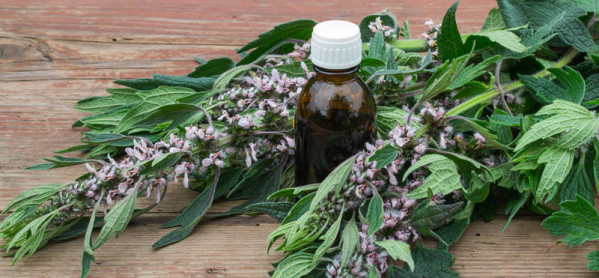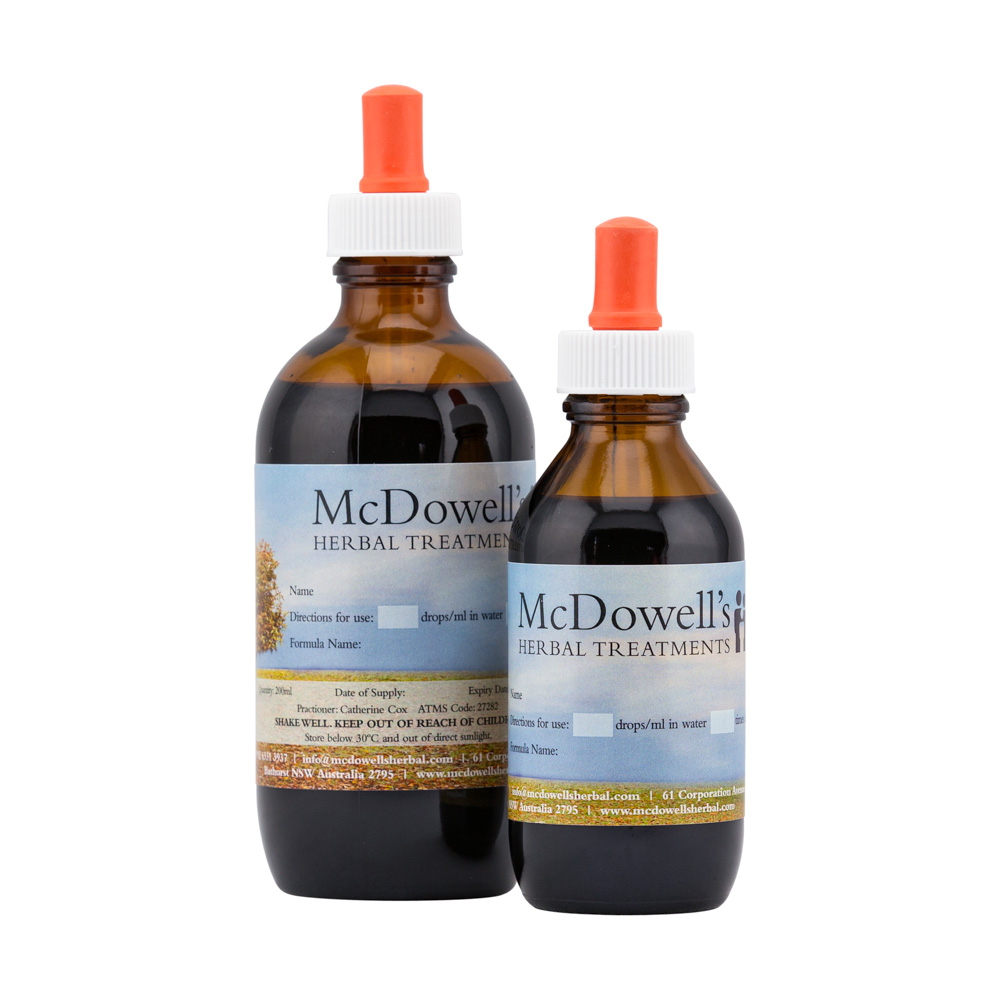Uterine Prolapse is a taboo subject. Women are often ashamed and don't feel like they can reach out to get help. Herbs have been used for 'womens health' for hundred of years. You can normalise hormones, increase circulation, create good tissue strength. Through the use of the right herbal formulations we can help with these issues.
What is a Vaginal Prolapse?
Vaginal prolapse means that the vagina is stretched so that either the front wall bulges or the back wall bulges when a woman strains down, for example in having a bowel movement.
Aging may produce changes in women's pelvic structures, creating a variety of problems. Loss of tone in the muscular components of the pelvis and stretching of ligaments may sometimes lead to protrusion of pelvic structures through the vaginal opening. In vaginal prolapse, the supports of the uterus are also stretched, so that it too prolapses down when a woman strains, and the cervix of the uterus may protrude outside of the vagina.
Loss of support for the uterus results in protrusion of the uterine body into the vaginal barrel. When the protrusion extends into the upper portions of the vagina, it is described as a first-degree prolapse. When the protrusion extends further, it is a second-degree prolapse. When the prolapse is complete with protrusion of the cervix into the vaginal opening, the condition is described as a third-degree prolapse.
What causes a vaginal prolaspe?
Vaginal childbirth, especially multiple births and aging are the main risk factors. A long labor and/or large children can also stretch and weaken the pelvic floor muscles.
Aging and menopause can also be a contributing factor as the muscles muscles weaken throughout the body. Other factors like being very overweight and excessive coughing can also contribute. Constipation can also weaken pelvic muscles.
What can you do about a vaginal prolapse?
- Perform Kegel exercises on a regular basis. These exercises can strengthen your pelvic floor muscles — especially important after you have a baby.
- Treat and prevent constipation. Drink plenty of fluids and eat high-fiber foods, such as fruits, vegetables, beans and whole-grains.
- Avoid heavy lifting and lift correctly. When lifting, use your legs instead of your waist or back.
- Toning up the musculature around the abdomen is important for general health and certainly important during postpartum recovery. The exercise required does not have to be difficult and in fact it is best that it not be traditional weight training or aerobics.
- Control coughing. Get treatment for a chronic cough or bronchitis, and don't smoke.
- Avoid weight gain. Talk with your doctor to determine your ideal weight and get advice on weight-loss strategies.
What herbs can assist healing a vaginal prolapse?
The herbal mix for vaginal prolapse includes Horse Chestnut, Saw Palmetto, Oats, Equisetum, Elecampane and Couch Grass as well as the Bach Flowers Vine, Oak , Raspberry Leaf, Sweet Chestnut and Hornbeam. Together these herbs work to strengthen muscles and ligaments and support the structures and organs of the pelvis.
REFERENCES:



